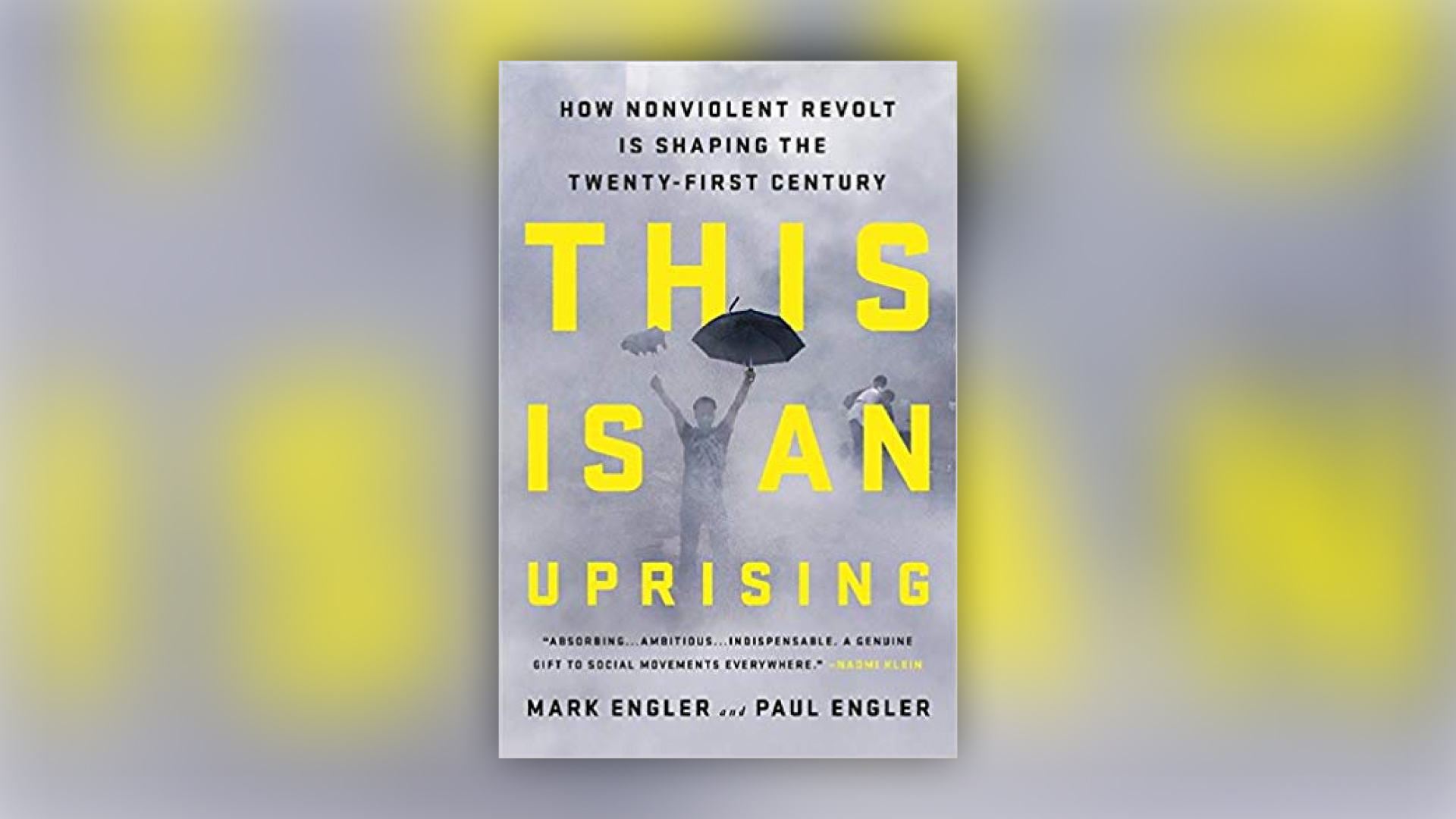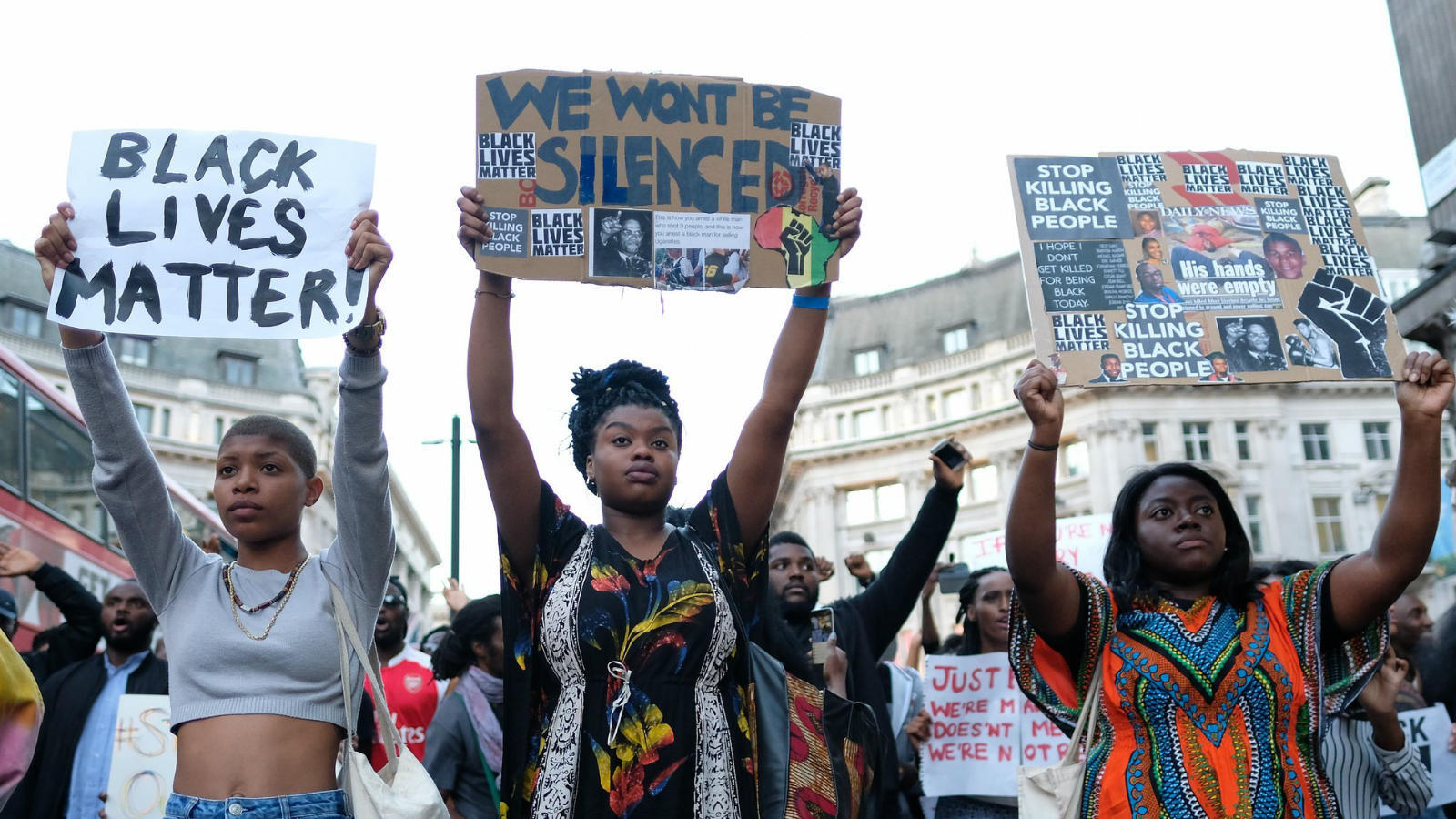Resources
This Is An Uprising by Mark and Paul Engler
How nonviolent revolt is shaping the twenty-first century.
Stephanie Wong | 14 Aug 2018

This post uses affiliate links which means that when you buy an item using the link provided we receive a portion of the sale. Affiliate links are marked with a ⟡
What if periods of mass, spontaneous uprising are neither as spontaneous nor as unbridled as they might at first appear?
Three Takeaways
- There is a craft to uprising and this craft changes our world
- Pragmatically nonviolence is often the best way to create lasting change
- Saul Alinsky’s methods are not transformative: period
Mark and Paul Engler are community organising brothers here to reveal how we unleash nonviolent action for change. Using examples from climate change movements to the Egyptian revolution, #BlackLivesMatter and new insights from histories greats like Martin Luther King: The brothers share how all of us can become a force for political change.
Method and Nonviolence

The media consistently show movements, revolutions and protests to be spontaneous and unpredictable. This could not be further from the truth. There is a craft behind these outbursts with core principles that have been used to create moments of the world as it should be.
Nonviolence is often seen as a gentle philosophy or acted out purely from moral values. While morality is certainly involved, nonviolence is an effective and pragmatic method of disruption. Used strategically it is often the best was to harness the power and create lasting change.
Transformational over transactional change
People with few resources and unconventional power are reshaping contemporary politics. They are proving the Saul Alinsky-based transactional approach to organising will not change the world. While Alinskys rules can win tangible small improvements in peoples lives, it will always fall short of what we are really fighting for: a real change in power and a truly just society.
For this to happen we need the unorthodox, leader-full uprising to get everyone acting. Transformational movements can open up much broader possibilities for transactional organisations to take advantage of later on. An example of this is Otpor who overthrew Serbian dictator Slobodan Milosevic in 1999 and later forced electoral candidates to reluctantly engage and negotiate with their movement.
To bring about the transformational change, we need demands with high symbolic value as well as the tangible. It requires us to disrupt business as usual and demand the big, bold and brave so that we can truly change the world.